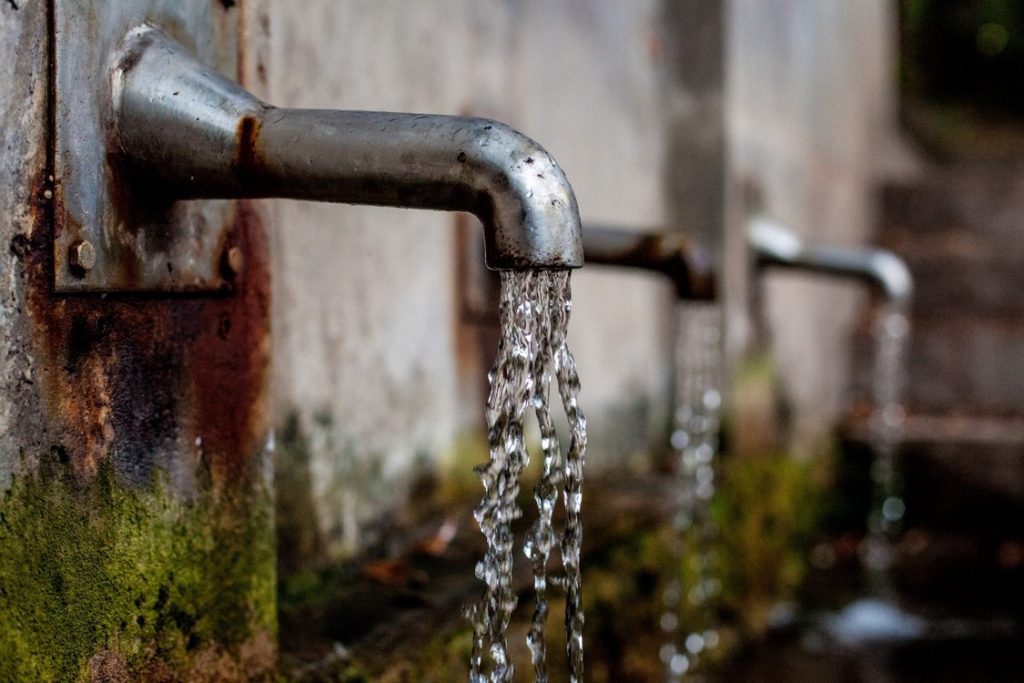

Nanoremediation: an innovative approach for the reclamation of polluted aquifers
7 March 2018, Politecnico di Torino
SITI – Sede operativa, Corso Castelfidardo 30/a, Torino
In the framework of the 6th ReGround meeting in Turin, organized by Politecnico di Torino, the Groundwater Engineering Research Group is pleased to announce the seminar on Restoring aquifers contaminated by heavy metals using iron oxide nanoparticles: results and experiences from the H2020 REGROUND project.
Nanoremediation is an innovative technology employed for the cleanup of contaminated aquifers through the injection of engineered nanomaterials for the in-situ treatment of groundwater pollutants. Nanoremediation is a non-invasive and flexible approach, which can significantly reduce timings for the restoration of polluted sites, even in presence of strongly recalcitrant pollutants.
The seminar addresses the most recent advances in the field of nanoremediation, with a focus on the application of iron oxide nanoparticles for in situ immobilization of heavy metals. Particle stability, reactivity and mobility in groundwater systems will be discussed, including processes and modelling approaches to support the design of field scale nanoremediation applications. Highlights on last advances in particle detection and monitoring in the environment, and lessons learned from field applications will be also included. Finally, innovative approaches for the application of zerovalent iron and iron minerals to the decay of persistent contaminant will be presented.
Speech schedule
| 14:00 – 14:10 | R. Sethi (Politecnico di Torino) and R. Meckenstock (Duisburg Essen University) – Introduction and welcome |
| 14:10 – 14:30 | S. Mohammadian (Duisburg Essen University) – Iron oxide nanoparticles for the remediation of heavy metal contaminated sites: The Reground project, experiences and perspectives |
| 14:30 – 14:45 | E. Smolders (Catholic University of Leuven) – Iron oxide reactivity and longevity in aqueous environment |
| 14:45 – 15:00 | C. Bianco (Politecnico di Torino) – Injection and transport of iron oxide nanoparticles in aquifer systems: model assisted design of field scale applications |
| 15:00 – 15:15 | A. Fritzsche (University of Jena) – Innovation in detection and monitoring of iron oxide nanoparticles in the environment |
| 15:15 – 15:30 | T. Tosco (Politecnico di Torino) – Iron oxide injection in two contaminated sites: results and lesson learnt from the field |
| 15:30 – 15:45 | D. Vione (Università di Torino) – Iron based nanoparticles for the degradation of persistent contaminants |
| 15:45 – 16:00 | D. Tobler (University of Copenhagen) – The METAL-AID project: layered double hydroxides and green rust nanoparticles for the in situ remediation of aquifers contaminated by chlorinated solvent |
The seminar will be opening the short course offered by Polito:
“MNMs: A MODELLING TOOL FOR NANOPARTICLE TRANSPORT IN POROUS MEDIA”